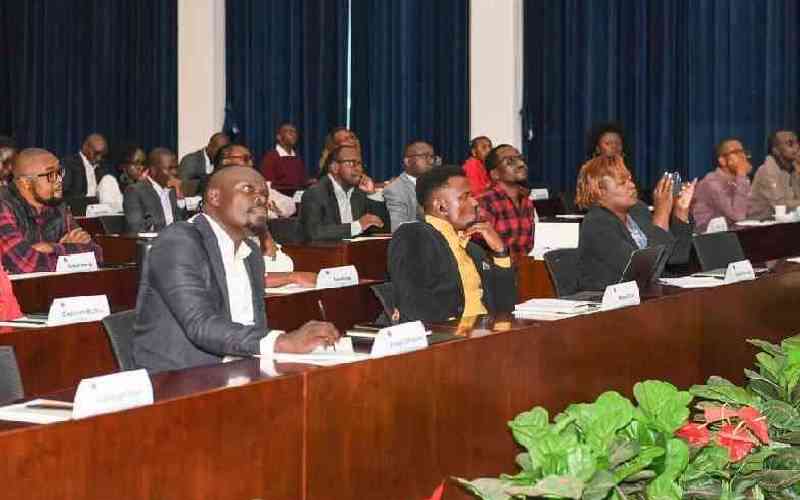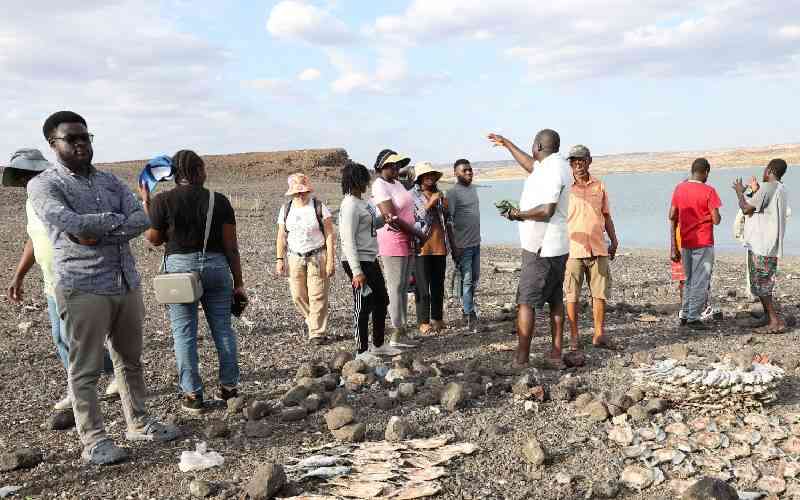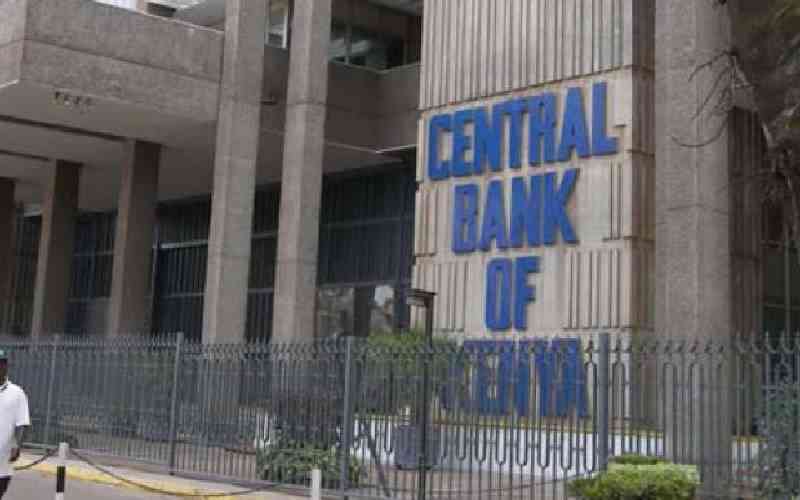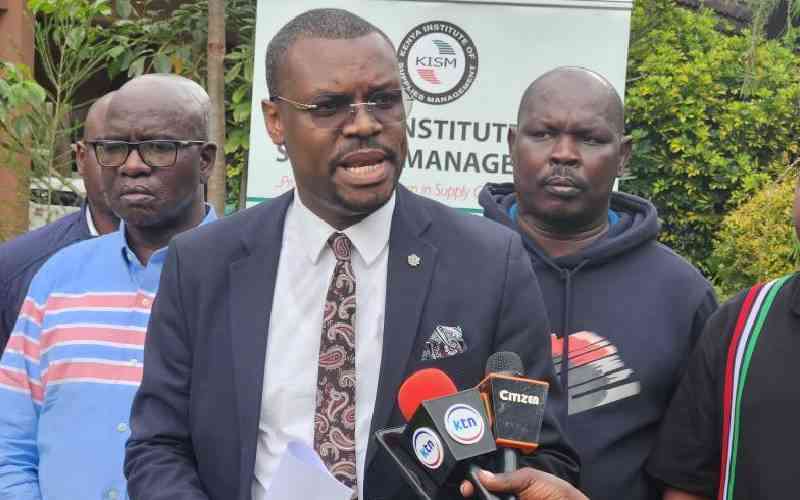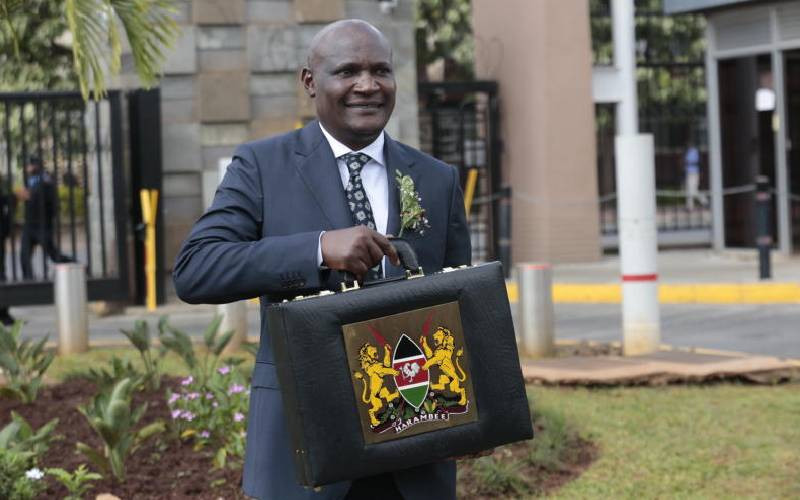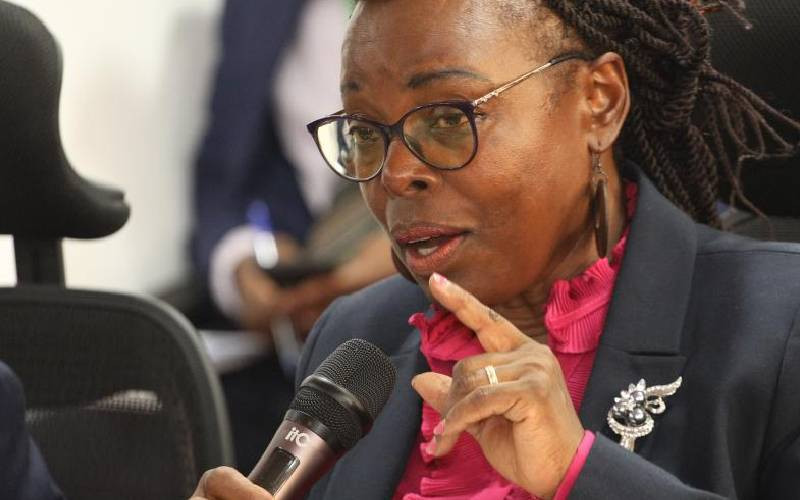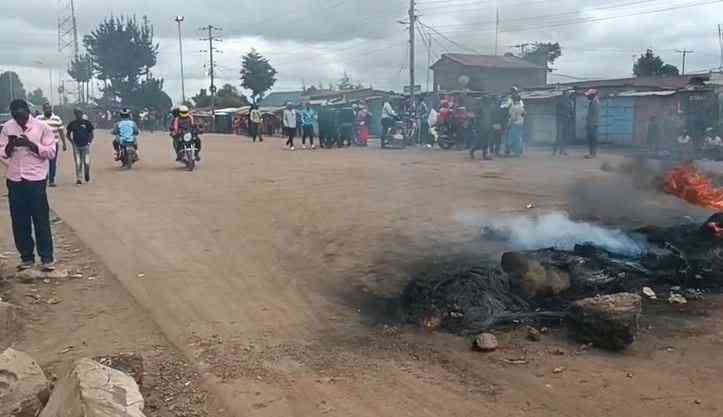
Tension remains high in Mwisho Wa Lami and Tipis trading center on the border of Nakuru and Narok counties following the eruption of ethnic clashes on Friday last week.
Nakuru County Commissioner Loyford Kibaara chaired separate meetings with the warring tribes in Mwisho Wa Lami, Njoro, on Monday, where he said that one person was killed.
“One person died and 14 others are still nursing injuries in hospital. We have families who have lost their homes, livestock and had to seek refuge. We are doing everything to restore peace,” said Kibaara.
On Sunday afternoon, three more houses were torched in Mutukanio Farm by assailants taking advantage of the absence of the locals who were attending a security meeting in Tipis.
This comes as details emerged of how a fault in the power supply at Tipis fueled the ethnic clashes among the communities who have had longstanding differences.
“For more than two months, Tipis was in darkness after a transformer failed. People from all communities held protests together but it degenerated into ethnic conflict,” said James Njoroge, an elder.
The Standard established that the transformer was replaced on Sunday evening.
Elder Njoroge revealed that during the protests, a motorist ferrying a patient to hospital in Nakuru from Narok found the road barricaded and had an altercation with the protestors.
“It later turned into an inter-communal conflict driven by deep rooted differences linked to land ownership in the area. There has been a deliberate attempt to displace a community to pave way for grazing fields,” said Njoroge.
The elders claimed that there has been a longstanding dispute over the land in Mutukanio area, which one of the communities terms as their ancestral land.
“This land was purchased from the government by our fathers after independence. We were issued title deeds but some of our neighbours believe it should have reverted to them post-independence,” said Samson Kariuki.
Mary Kabura, a mother, invited the government to intervene, saying that the recurring conflict had left some of the lands unoccupied, with the owners only turning up for cultivation.
“Since the last attacks, dozens of families have never returned. We see this as a coordinated plan to evict us from our lands. The government has a duty to protect us and if it can’t, let it resettle elsewhere,” said Kabura.
Ayub Mutua, another victim whose house was razed down, explained that he had lost all his critical documents in the fire.
Stay informed. Subscribe to our newsletter
“I saw a group of youth chanting war songs heading towards my house. I only managed to escape with two cows. While on the other side, I saw my house in flames. All title deeds, birth certificates and academic documents for the entire family were burnt,” said Mutua.
Joseph Mbogo counted himself lucky to be alive after he came face to face with the assailants, some of whom are known to him.
“They cornered me on the road. One person known to me called me by name and told me it wasn’t my lucky day. I dropped my motorbike and took cover in maize plantations. I later found my motorbike in ashes,” said Mbogo.
The residents decried that the clashes had affected all economic activities in the area, with learners, including candidates of national exams, unable to attend school over fears of attacks.
